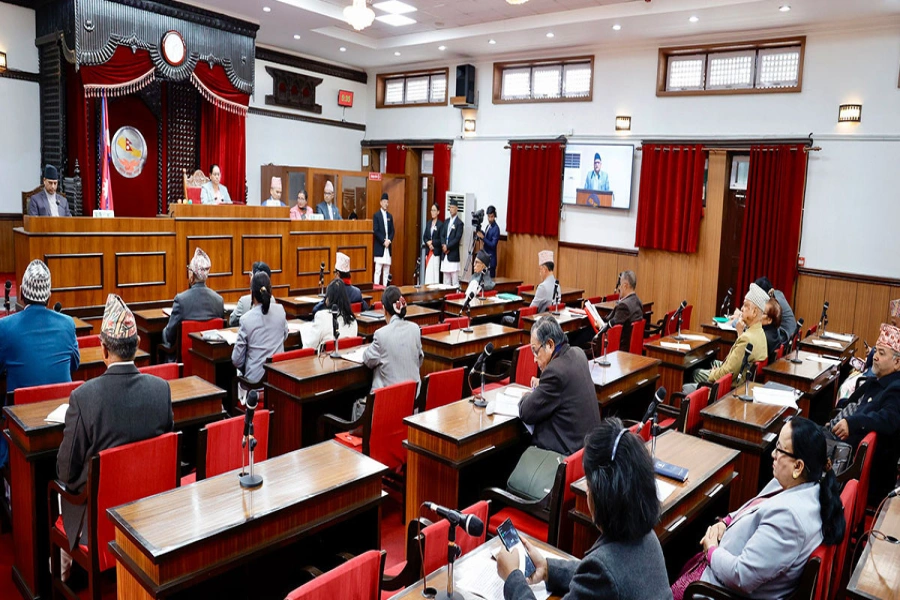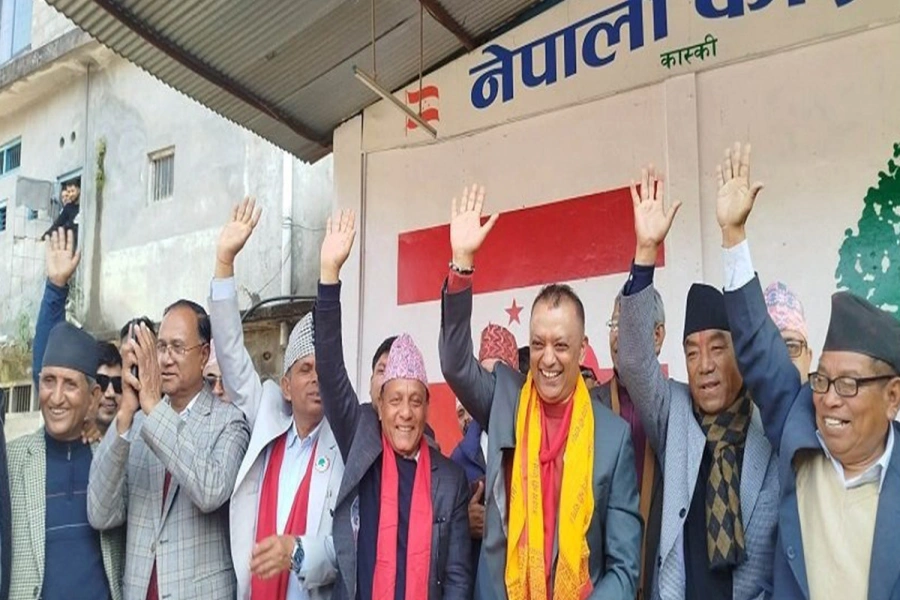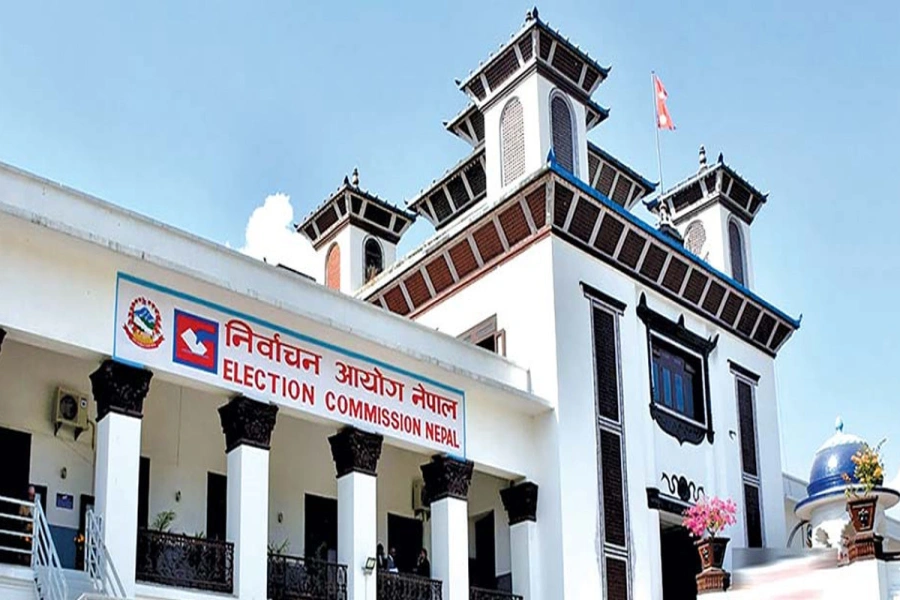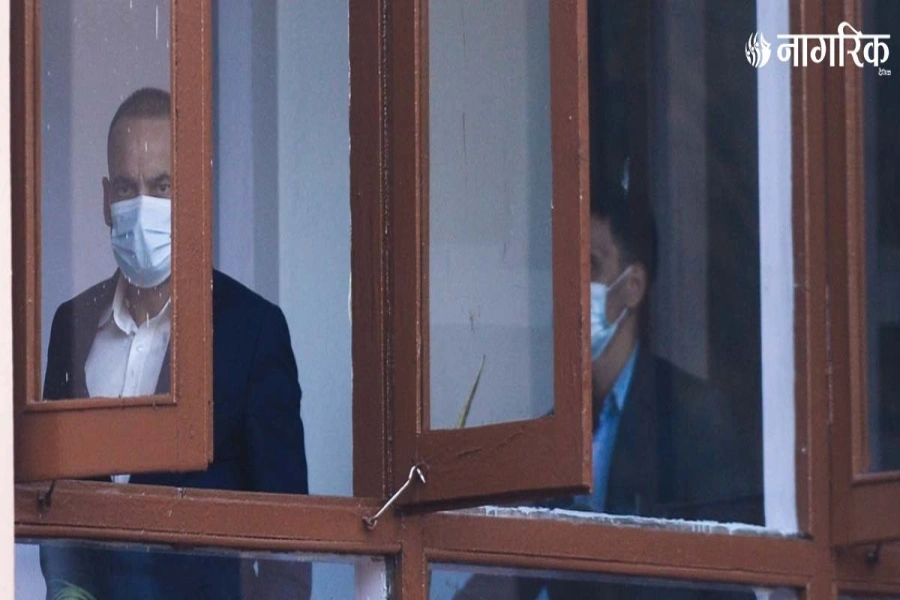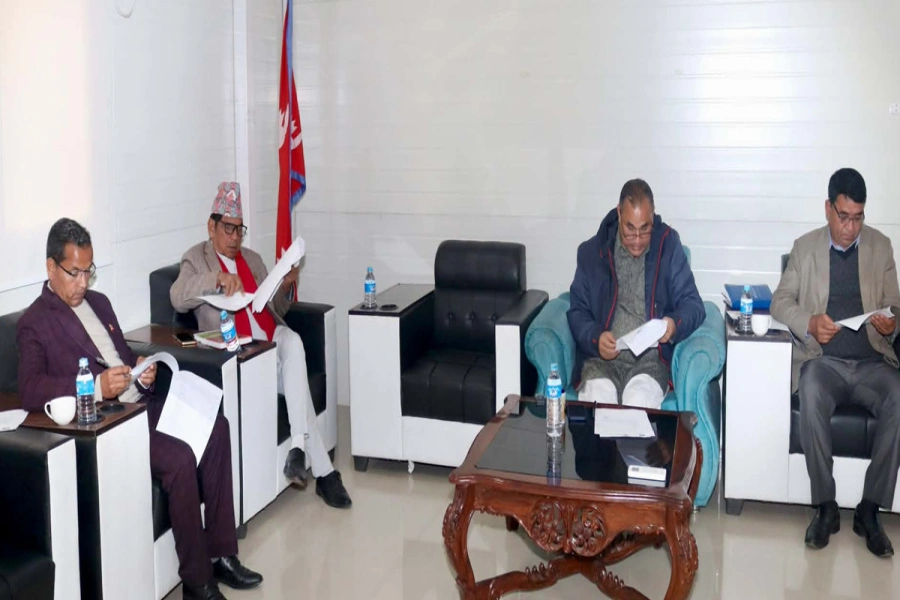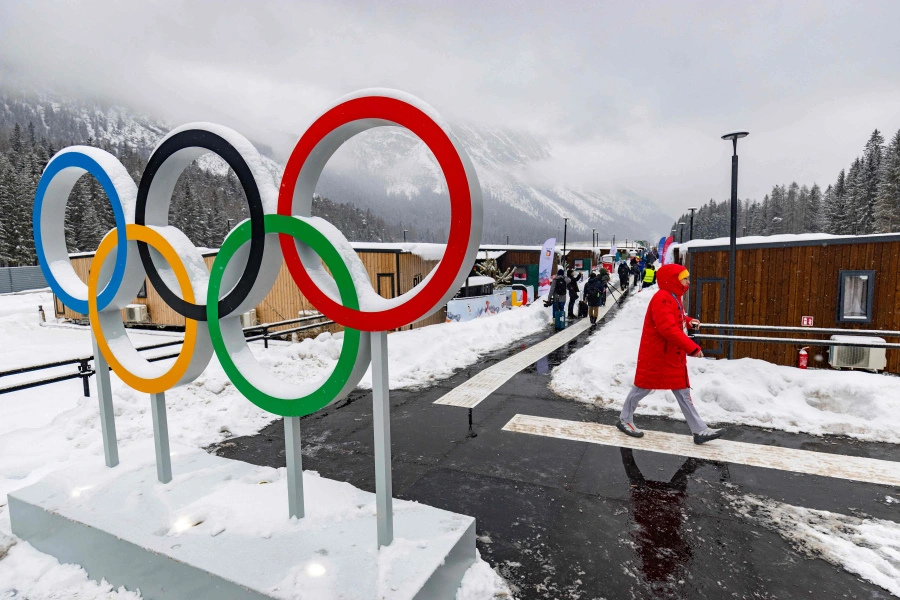The majoritarian mindset holds that any change to the existing political and cultural structure is a threat to the unity of the country.
The decision of Prime Minister K P Sharma Oli to dissolve parliament has many quarters of Nepali society up in arms. Those cross-sections of Nepali actors believe that Oli’s move has retarded the efforts to institutionalize many of the gains made through various people’s movements. It is obvious that contestation followed the move of the protestors. But, we need to be mindful of the fact that Oli is a representative figure of the majoritarian mindset that is prevalent across actors and institutions in Nepal. Any contestation, be that in the street or in the courtroom (there are number of petitions against House dissolution in the Supreme Court), needs to consider this fact.
The majoritarian mindset holds that any change to the existing political and cultural structure is a threat to the unity of the country. In fact, the advocates of this ideology believe that it is they (and only they) who know what is best for the country. Therefore, they should alone decide the fate and trajectory of the country. These thought processes are not abstract and are reflected in the working of the many institutions, some of which claim to have national character.
Permanent institutions and their interests
Rs 1.44m expenditure ceiling for MP candidates

It is quiet ironical that the individual who had least trust in the changes brought about by the movement of 2006 was eventually entrusted with the task of implementing those very ideals and ideas. K P Oli has remained non-committal to the ideas brought about by the changes of the said movement. In fact, a large section of then CPN-UML, the party that Oli led to the elections of 2015, shared these reservations. But there were other important actors of the Nepali state who were on the same page with Oli. The institution of Army and bureaucracy, too, were not very comfortable with these changes. These institutions believed that the changes were not ‘suitable’ for the Nepali context and was imposed at the behest of foreign powers. This thinking has permeated throughout the state structure and is shared by a segment of media and business fraternity. They believe that resorting to federal republic or even secular character of a state makes Nepali state weak.
Therefore, all of these constituencies seem to be trying to exploit the opportunities provided by the dissolution of parliament. They, however, do not realize that the aspirations of the historically marginalized have not only found a shape through various constitutional arrangements, but it is also an opportunity for them to correct the skewed socio-political imbalance that will put the society on a more equitable footing. However, their refusal to see the writing on the wall is inexplicable to me.
Despite these misgivings, the permanent institutions of the state have, however, not failed to secure their respective interests. Following the end of civil war, the Nepal Army has increased its role in development activities. These activities, in turn, have fueled their commercial interest. It has now ventured out in varied activities with tangible commercial benefits. Of course, the best defense put out by the Army is that it is working as per the mandate awarded to it by a civilian government. But the fact of the matter remains that Army’s hold on resource has grown manifold, giving an impression of ‘state-within-a-state’. Similarly, the civilian bureaucracy has also seen exponential growth in its size after the state turned federal. But, a general tendency of the bureaucracy is to either remain a part of federal administration or join the local ones. The state-level mechanism is not their choice. Hence, many seek early transfer from such postings.
The bureaucrats very well know that once you are a member of bureaucracy, no one can remove you from office.
Rightward shift
The sizing up of the state power through bureaucracy has contributed to the rightward shift of the state. Even though Nepali state resorted to progressive ideas like affirmative actions, individual members (often coming from the same cultural group) made efforts to scuttle such attempts. A complex relationship has grown among the various actors vying for space in the state mechanism. For a variety of reasons, the economic pie in Nepal has not grown substantially. Therefore, many people have resorted to civil service as a safe alternative since it not only ensures regular and steady income but also empowers the individual with unhindered access to state power. This matrix acquires a new meaning in the times of heighted identity politics. The dominant group seeks to maintain its demographic hold on to the state. In this battle, the dominant group is likely to win given its own connection with other spheres of society and state. Hence, the majoritarian mindset will speed up the rightward drift of the state.
Creative resistance
Therefore, those seeking to challenge K P Oli need to consider these complexities. I am in no way suggesting that friends and colleagues are not aware of this. But, I am putting out a reminder that it is the permanent institutions where the locus of power resides. Hence, any resistance would have to be directed towards engaging in dialogue with these institutions. Political parties and their leaders can be brought to task. But, the anachronistic attitude of the permanent institutions is the one that merits attention.



